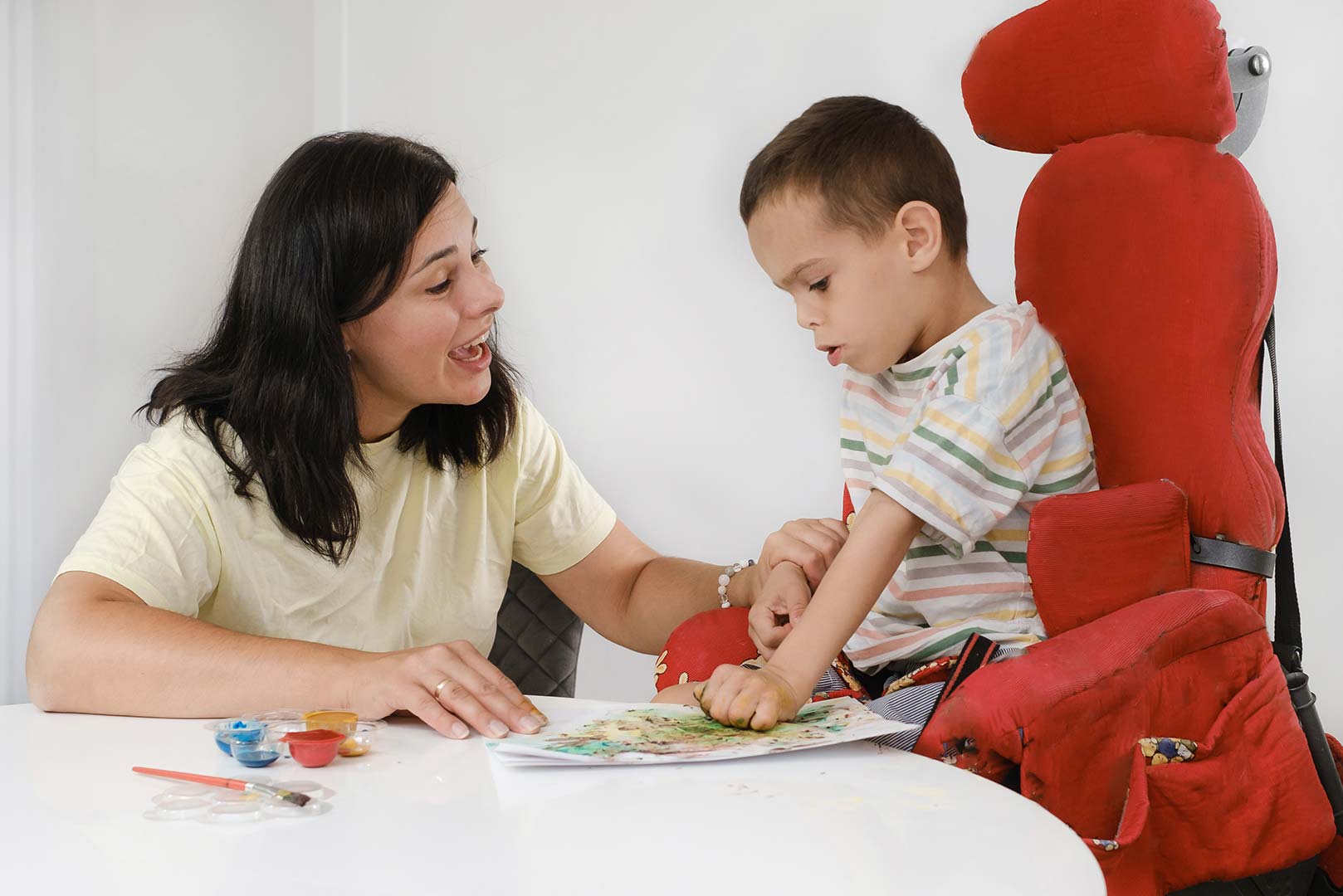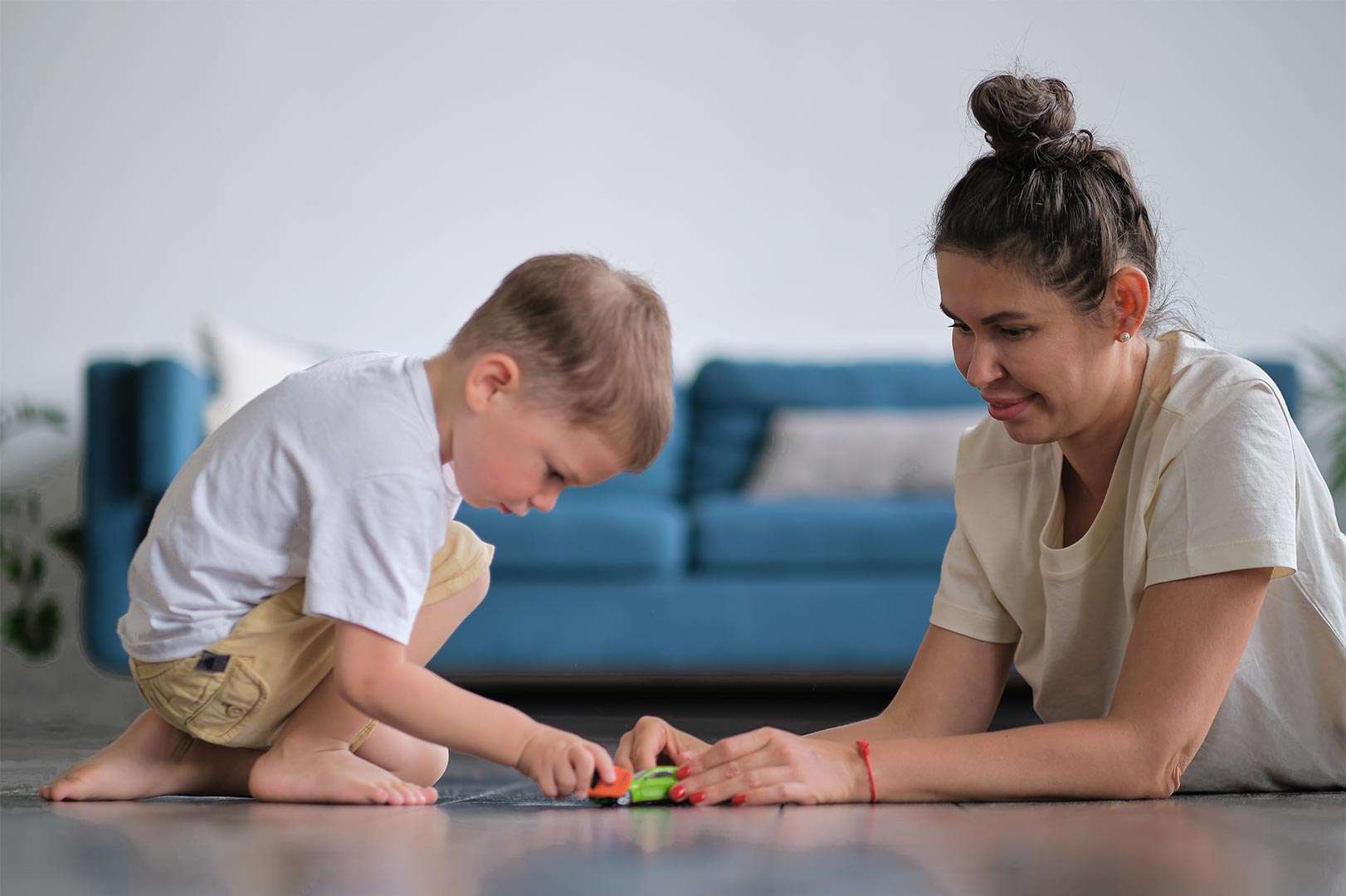Cerebral palsy (CP) is a group of disorders that affect movement and coordination. It is caused by damage to the developing brain, often before or at birth. CP can range in severity from mild to severe, and each person with CP is affected differently.
Students with CP may face a variety of challenges in the classroom, but with the right support, they can thrive. Here are some tips on how to support students with CP:
1. Make sure the classroom is physically accessible. This includes having wide doorways, ramps, and accessible furniture. It is also important to make sure that there is enough space for students to move around easily.
2. Provide adaptive tools and equipment. Students with CP may need adaptive tools and equipment to help them with tasks such as writing, typing, and using the computer. There are a variety of adaptive tools available, so it is important to work with the student and their family to find the ones that work best for them.
3. Modify assignments and assessments. Students with CP may need modified assignments and assessments. For example, a student with CP may need extra time to complete a test, or they may need to be able to take a test verbally instead of in writing.
4. Use a variety of teaching methods. Students with CP learn in different ways, so it is important to use a variety of teaching methods. This includes using visual aids, hands-on activities, and small group instruction.
5. Provide opportunities for social interaction. Students with CP may have difficulty making friends and participating in social activities. It is important to provide them with opportunities to interact with their peers and to participate in activities that they enjoy.
6. Collaborate with the student’s family and other professionals. The student’s family and other professionals can provide valuable insights into the student’s needs and strengths. It is important to collaborate with them to develop a plan to support the student’s success.
Specific Accommodations for Students with CP
Here are some specific accommodations that may be helpful for students with CP:
- Seating: Students with CP may need a specialized chair or cushion to support their posture and comfort.
- Writing: Students with CP may need to use a variety of adaptive writing tools, such as weighted pencils, grips, or speech-to-text software.
- Typing: Students with CP may need to use a specialized keyboard or typing device.
- Computer use: Students with CP may need to use a variety of adaptive computer tools, such as a mouse replacement device or eye-gaze tracking software.
- Communication: Students with CP may need to use a variety of assistive communication devices, such as a picture board, speech-generating device, or sign language.
Supporting Students with CP in the Classroom
Here are some tips for supporting students with CP in the classroom:
- Be patient and understanding. It may take students with CP longer to complete tasks or to communicate. Be patient and understanding, and provide them with the support they need to be successful.
- Give clear instructions. Break down tasks into smaller, more manageable steps. Provide clear and concise instructions, and repeat them as needed.
- Use visual aids. Visual aids can help students with CP to understand and follow instructions. Use pictures, diagrams, and other visual aids whenever possible.
- Provide hands-on activities. Students with CP learn best by doing. Provide them with opportunities to engage in hands-on activities and experiments.
- Encourage collaboration. Students with CP benefit from collaborating with their peers. Encourage them to work together on assignments and projects.
- Celebrate successes. It is important to celebrate the successes of all students, but it is especially important for students with CP. They may have to work harder than their peers to achieve success, so it is important to acknowledge their accomplishments.
By following these tips, you can create a supportive and inclusive learning environment for all students, including students with CP.
Students with CP can thrive in the classroom with the right support. By making sure the classroom is physically accessible, providing adaptive tools and equipment, modifying assignments and assessments, using a variety of teaching methods, providing opportunities for social interaction, and collaborating with the student’s family and other professionals, you can help students with CP achieve their full potential.
Find out if your child needs extra support today!
- My child screams hysterically
- My child is mean to other children
- My child is always worried
- My child is scared to go to school
- My child is scared of loud noises
- My child doesn’t know how to read
- My child is scared to play outside
- My child does not respond to his name
- My child always gets in trouble
- My child fights with other children
- My child doesn’t know how to count
If you are concerned about your child’s development, contact us for Assessments: Phone/Telegram: 077.455.993 – Telegram Link: https://t.me/OrbRom
If you are concerned about your child’s development, contact us for Assessments.
Phone/Telegram: 077.455.993 Link: https://t.me/OrbRom






Leave A Comment